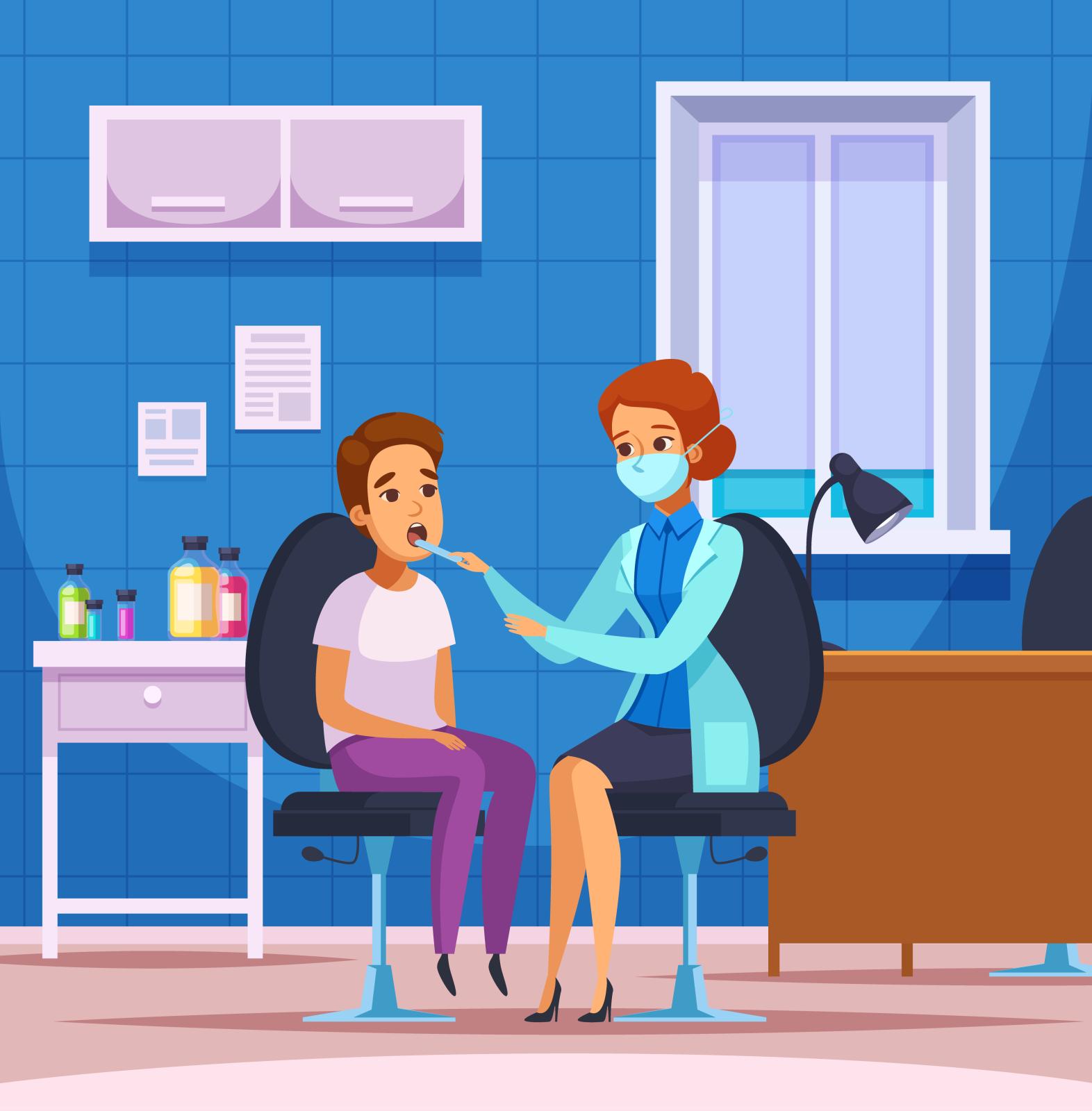Notifications
Doctors To You Invalid date 6 minutes, 45 seconds
18 views 0 Comments 0 Likes 0 Reviews

Bed sores, also known as pressure ulcers, are painful skin injuries that develop when someone stays in one position for too long. These sores are common among patients who are bedridden or have very limited mobility. Without proper care, bed sores can worsen, leading to serious infections and long recovery times. Managing these wounds requires both careful attention and regular medical care, especially for patients who cannot visit clinics. This is where home doctor appointments come into play. The doctor's home visits in Winnipeg allow patients to receive the care they need right at their homes.
Bed sores form when pressure cuts off blood flow to the skin. They often develop in areas where bones are close to the skin, such as the back, hips, and heels. Early-stage sores may look like red patches, while advanced sores can break the skin and reach the muscle or bone. The main goal in caring for bed sores is to reduce pain, prevent infection, and promote healing through proper wound care and pressure relief.
Managing pain from bed sores is just as important as treating the wound itself. Home doctors start by assessing the level of pain the patient is experiencing. They may ask specific questions to understand how often the pain occurs, what makes it worse, and how it affects the patient's daily life.
Based on the assessment, doctors may prescribe over-the-counter pain relief such as acetaminophen or ibuprofen. In more serious cases, mild opioids may be used with caution. Topical creams or medicated dressings can also help ease pain locally.
Keeping the wound clean is critical to avoid infection. During a home visit, a doctor or nurse carefully cleans the sore with a saline solution or prescribed antiseptic. They also apply a new dressing, which may be foam, hydrocolloid, or gel-based, depending on the stage and location of the sore.
These dressings are chosen to keep the wound moist while protecting it from bacteria. They may also include agents that help manage pain. For example, some hydrogel dressings soothe the skin while providing healing benefits.
Reducing pressure on the sore is vital in stopping it from getting worse. Home doctors will usually recommend repositioning the patient at regular intervals. For patients who can't move themselves, caregivers are taught how to safely turn them from side to side or adjust their position.
Supporting surfaces like air mattresses, foam cushions, and special pads can also help. Doctors often review what support equipment is already in place and may suggest changes if needed.
Effective healing of bed sores also depends on the patient's overall health, especially their nutrition. Since protein, vitamins, and minerals help with tissue repair, home doctors evaluate the patient's diet during visits.
They may suggest high-protein foods, vitamin C, and zinc to promote faster healing. If the patient struggles with eating or has other health conditions, a referral to a dietitian may be made. This holistic approach is becoming more common, especially in doctor home visits in Winnipeg, where home-based care offers a more complete view of the patient's lifestyle and needs.
It's important to catch infections early. Doctors check for signs like swelling, heat, pus, or a bad smell coming from the sore. They may swab the wound for lab tests if an infection is suspected. Sometimes, antibiotics may be prescribed. In more serious cases, patients could be referred to a hospital or specialist, but the early assessment by a home doctor often prevents that need. Regular home visits help make sure any problems are caught early, reducing the risk of complications.
Bed sores not only affect the body - they can also take a mental toll. During home visits, doctors spend time answering questions and supporting both patients and caregivers. This helps reduce anxiety and makes caregiving easier. Doctors also take time to educate caregivers on how to handle everyday wound care, change dressings, and identify warning signs. This shared knowledge ensures better outcomes.
Caring for someone with bed sores takes time, skill, and a supportive approach. Home doctors help by bringing professional care directly to the patient, focusing on both pain relief and proper healing. Strategies like wound cleaning, pressure relief, pain management, and support for better nutrition all work together to improve comfort and recovery.
The doctor's home visits in Winnipeg have become a valuable resource, especially for patients who cannot travel. These services are a part of a growing movement that ensures home care is not only accessible but effective. With the right medical guidance at home, recovery from painful bed sores becomes more manageable for both patients and caregivers.

